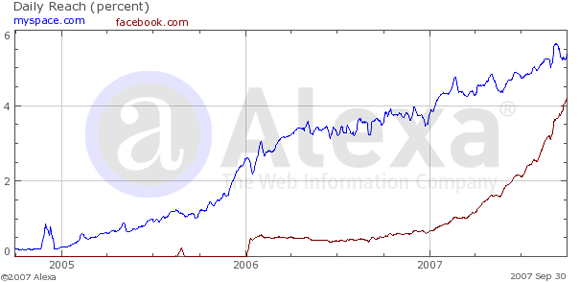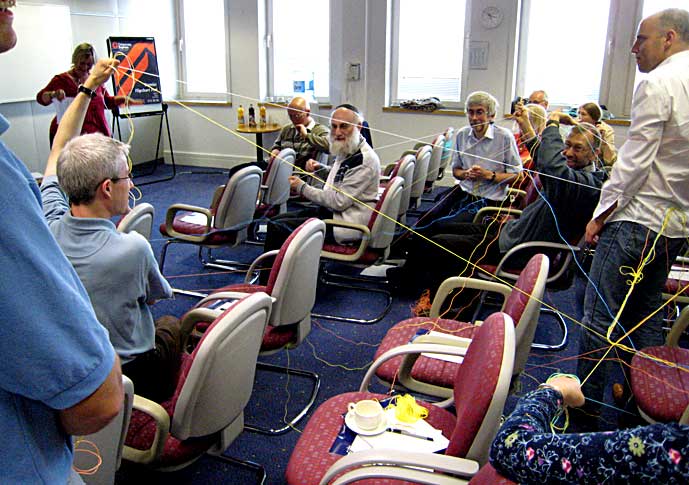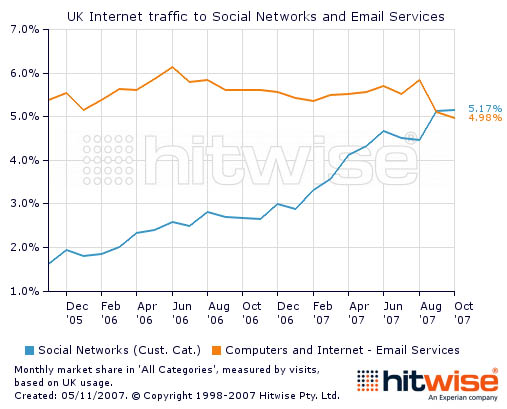I’ve often reflected on the discrepancy between the structures of companies shown in official organisation charts and the informal networks that orchestrate the real work that’s done. An obvious way of charting the ‘real’ networks would be to map the email and other communications of workers — though of course it would raise privacy and other issues. (Not that corporate employees should assume that their email is ever private.) Now comes an interesting post about how IBM has developed tools (one code-named Atlas) for doing just this:
Atlas’s most powerful features rely on the data available through Connections… It collects information about professional relationships based not only on job descriptions and information readily available through the corporate directory, but also through blog tags, bookmarks, and group membership. Atlas can be configured to look at e-mail and instant-message patterns, and to weigh different types of information more or less heavily. The result, Lamb says, is a set of tools that go beyond the simple networks that are clear from a corporation’s structure…



